Are you looking for an alternative to WD40? If so, you’re not alone. WD40 is a popular multi-purpose lubricant and cleaner, but it’s not always the most effective solution for certain jobs. In this blog post, we’ll discuss why you might want to consider an alternative to WD40 and explore some of the best alternatives on the market today.
Introduction to WD40
WD40 is a multi-purpose lubricant and cleaner that has been around since 1953. It is most commonly used to lubricate and protect metal surfaces, and is also used to clean dirt and grime from surfaces. WD40 is a petroleum-based product, and it is also flammable. Many people use WD40 because it is widely available and relatively inexpensive.
However, WD40 does have some drawbacks. This includes its flammability, which can be hazardous. In addition, WD40 is not very good at penetrating and loosening stuck parts, and it can also leave behind a sticky residue.
Why You Should Consider an Alternative to WD40
If you’re looking for a reliable and effective lubricant and cleaner, you should consider an alternative to WD40. There are many different products on the market that offer superior performance and safety. For example, some products are designed to penetrate and lubricate stuck parts, while others are designed to be safer and less flammable. Additionally, a WD40 alternative can be designed with a specific use case in mind. Not all WD40 substitutes are as universally applicable as WD40 itself is.
In addition, many options for a WD40 alternative are designed to be less messy and sticky. Some products are formulated with silicone, which does not leave behind a residue. Other products are formulated to be non-flammable and non-toxic, making them safer to use.
Finally, some WD40 alternatives are designed to be more economical than WD40. Many of these products are more concentrated, meaning you can use less of the product to get the same job done. This can save you money in the long run. In other cases, like using WD40 to clean a car, you may want to stick the the universally flexible original.
[recent_post_carousel design=”design-1″]
Does WD40 Freeze?
Another common question is whether or not WD40 freezes. The answer is yes, WD40 can freeze. WD40 is a petroleum-based product, which means it contains hydrocarbons that can become solid when exposed to cold temperatures. This means if you use WD40 in cold temperatures, it could potentially freeze and become ineffective.
PB Blaster vs WD 40
One of the most popular alternatives to WD40 is PB Blaster. PB Blaster is a penetrating lubricant that is designed to penetrate and loosen stuck parts. It is non-flammable and non-toxic, making it safer to use than WD40. In addition, PB Blaster is designed to be less messy and sticky than WD40, and it also works quickly. PB Blaster is the best WD40 substitute when specifically working on stuck or rusted parts. It does not carry the same universal properties as WD40, and can harm some surfaces due to its designed use case. For example, PB Blaster can damage your seals on a motorcycle chain, whereas WD40 is perfectly acceptable to clean your chain with. This applies to all chain types.
However, PB Blaster is more expensive than WD40. It is also not as widely available, and it may not be suitable for some applications.
Best Alternatives to WD40
If you’re looking for an alternative to WD40, there are many options to choose from. Here are some of the best alternatives to WD40:
CRC Freeze-Off: Freeze-off is a non-flammable, non-toxic penetrant. It is designed to penetrate and loosen stuck parts, and it is also formulated to be less messy and sticky than WD40. Its effect is created from a simulated thermal shock created by the chemical compounds.
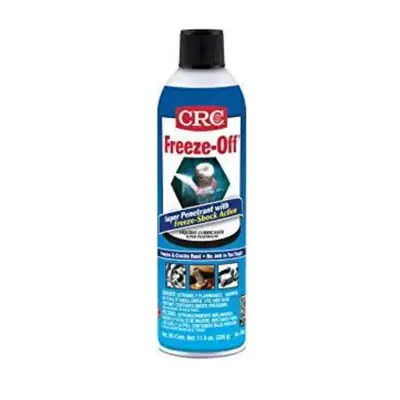
Tri-Flow: Tri-Flow is another popular lubricant and cleaner. It is formulated with synthetic oils and PTFE, which makes it a great choice for lubricating and protecting metal surfaces. Tri-Flow is another great product that can substitute WD40. It is available in both oil and spray options.
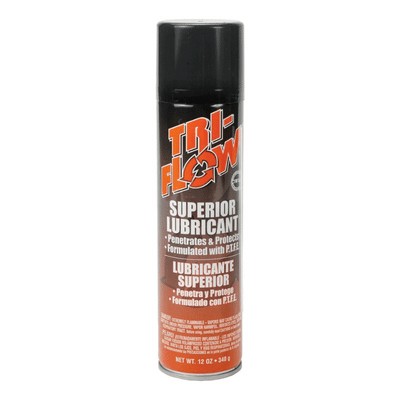
Break Free CLP: Break Free CLP is a lubricant and cleaner that is designed to be safer and less flammable than WD40. It is designed with synthetic oils and PTFE for superior lubrication and protection so it can easily substitute WD40. Do note that it does not come I an spray can like WD40. It is a strong WD40 substitute, but is used more like a lubricating oil.
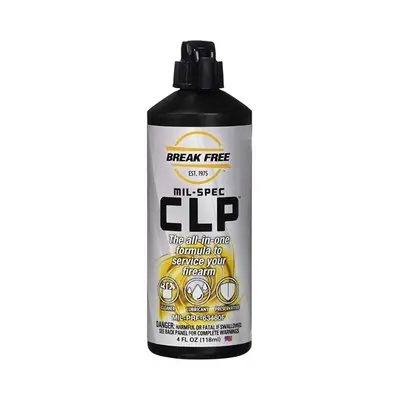
Boeshield T-9: Boeshield T-9 is a non-flammable, non-toxic lubricant and cleaner that is designed to penetrate and loosen stuck parts. It is also formulated with synthetic oils and PTFE, making it a great choice for lubricating and protecting metal surfaces.
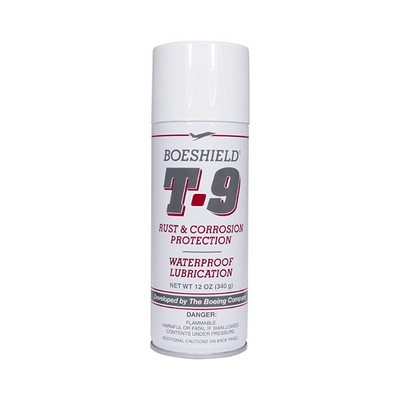
Tips and Tricks for Using Alternatives to WD40
When using an alternative to WD40, there are some tips and tricks you should keep in mind. Here are some tips and tricks for using WD40 alternatives:
- Always read and follow the manufacturer’s instructions.
- Make sure the surface is clean before applying the lubricant or cleaner.
- When cleaning metal surfaces, use a soft cloth to avoid scratching the surface.
- When lubricating metal surfaces, always use a thin layer of lubricant.
- When cleaning surfaces, use a damp cloth or rag to avoid leaving behind a sticky residue.
- When using a penetrating lubricant, make sure to let the product sit for several minutes before attempting to loosen the stuck part.
How to Compare Alternatives to WD40
When comparing WD40 alternatives, there are a few things you should keep in mind. First, consider the type of job you need the product to do. Different products are designed for different purposes, so make sure to choose the product that is best suited for your needs.
Next, consider the safety and environmental impact of the product. Many WD40 alternatives are designed to be safer and less toxic than WD40, so make sure to choose a product that is safe and non-toxic.
Finally, consider the price. Some WD40 alternatives are more expensive than WD40, so make sure to compare prices to get the best deal.
Conclusion
WD40 is a popular lubricant and cleaner, but it is not always the most effective solution for certain jobs. If you’re looking for a WD40 alternative, there are many great options on the market today. Make sure to consider your needs, safety, and price when comparing a WD40 substitute.
We hope this blog post has helped you learn more about the best alternatives to WD40. With the right product, you can get the job done quickly and safely. So, say goodbye to WD40 and discover the best alternatives today!







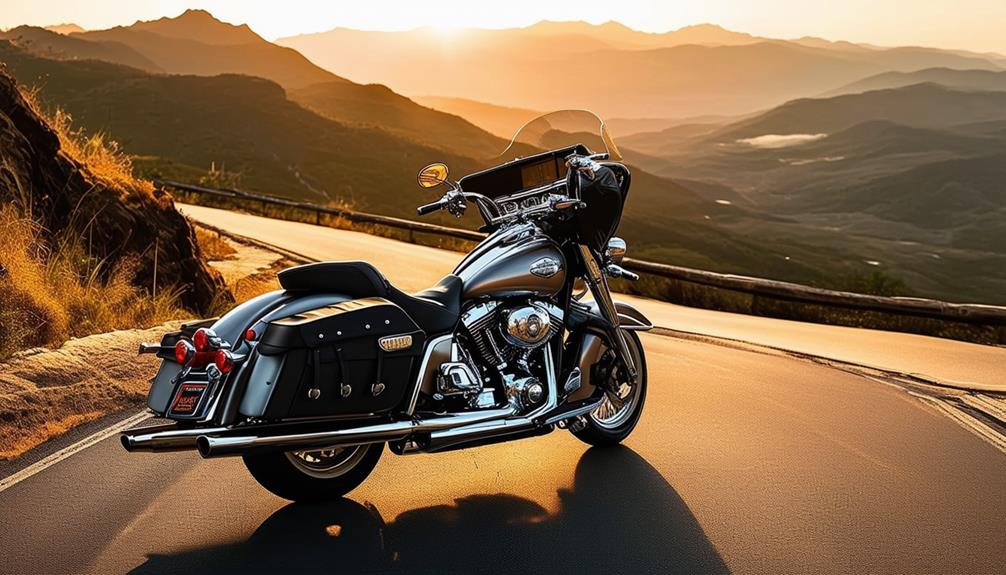

Leave a Reply
You must be logged in to post a comment.